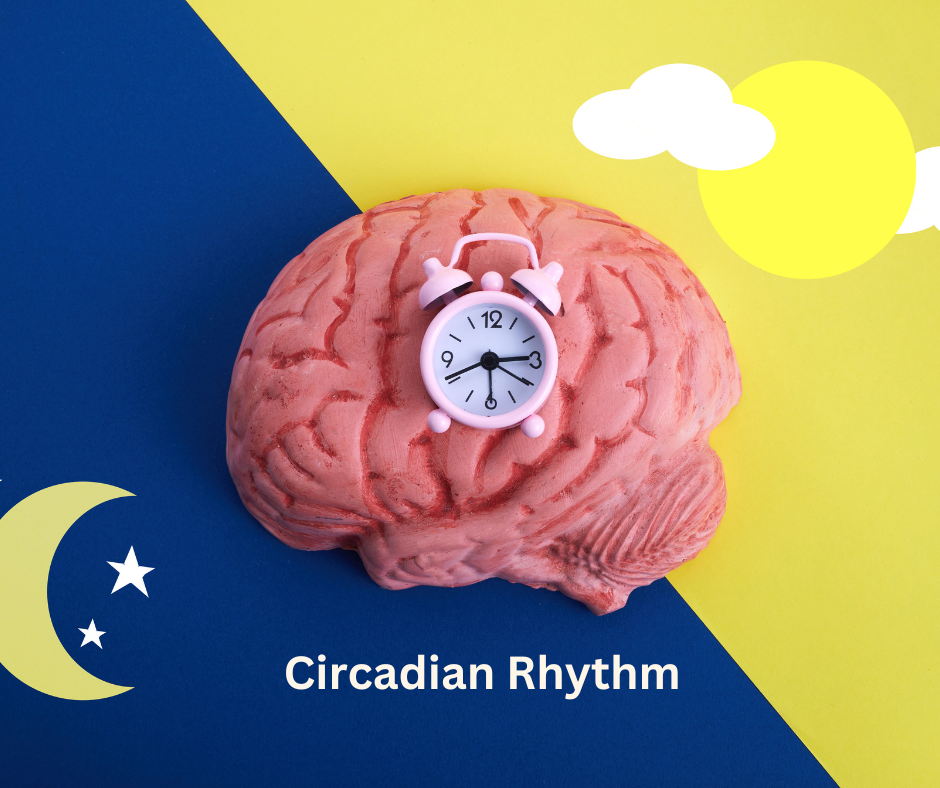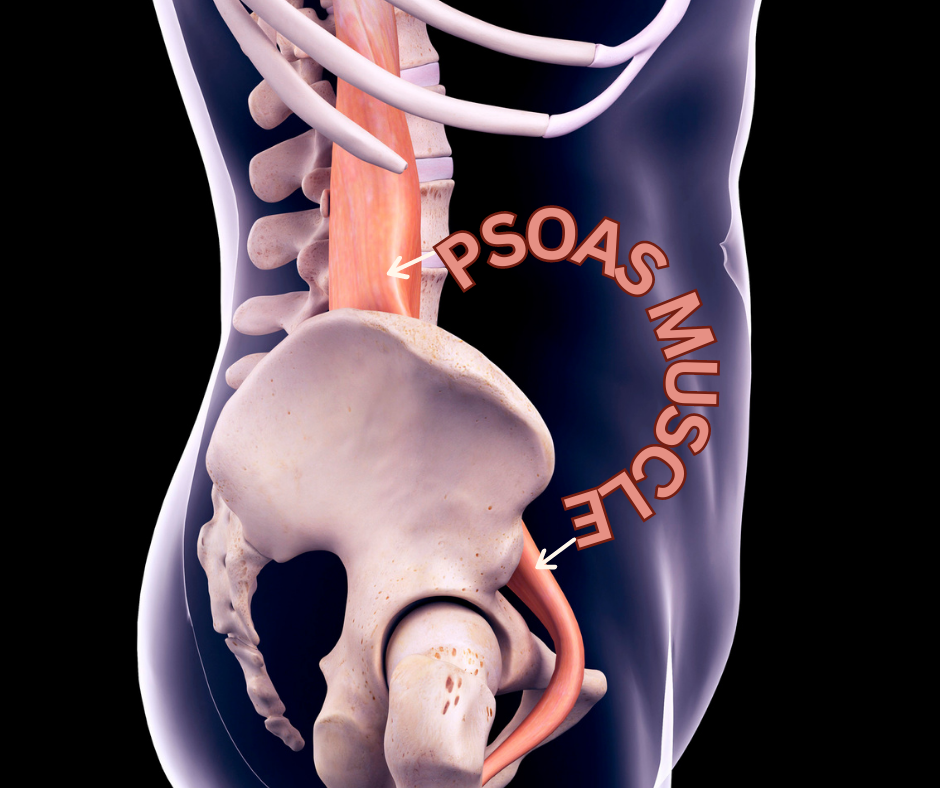What Is The Circadian Rhythm?
The circadian rhythm is the 24-hour cycle that all living things use to regulate the bodies biology.
It regulates sleep & wakefulness, body temperature, hormone production, metabolism & other functions.
Hormones that play a role in the circadian rhythm:
Hormones such as melatonin & cortisol can increase or decrease your circadian rhythm.
Melatonin makes you sleepy & your body releases more of it at night & suppresses it during the day.
Cortisol can make you more alert & your body produces more of it in the morning. https://www.nutritionalhealthenterprises.com/cortisol-stress/
Other hormones that play a role in alertness & circadian rhythm include:
- Vasopressin
- Acetylcholine
- Insulin
- leptin
Circadian rhythms play a critical role in maintaining our health & wellbeing. Disruption of these rhythms can have serious physical & mental health consequences.
Disruptions of circadian rhythms can lead to a variety of chronic conditions including:
- Obesity
- Depression
- Cardiovascular disease
- Diabetes
- Gastrointestinal problems
- Skin Issues
- Mood disorders (irritability & anxiety)
- Immune dysregulation
It is important to maintain healthy sleep habits to ensure proper regulation. This includes sticking to consistent bedtimes & wake times as much as possible.
By understanding & respecting our bodies’ circadian rhythms, we can optimize our health and wellbeing.
Unfortunately, modern environmental issues such as:
- Electronic devices (screen time)
- Travel
- Night shifts
- Your period
- Extra sleep
- Experiencing high levels of stress on an ongoing basis
Can disrupt our circadian rhythm, leading to adverse health consequences.
It is important for us to be mindful of our environment and do what we can to cut these disruptions.
How to reset Circadian Rhythm:
- Avoid eating & physical exercise about 2 hours before bed.
- Reduce exposure to artificial light at night. (Fluorescent bulbs or the blue light from your cell phone or computer).
- Natural sun light (expose yourself to plenty of other bright sun light in the morning)
- Get a daily dose of exercise
- Diet: Meal sizes are flipped, with breakfast the largest meal of the day and dinner the smallest. https://www.nutritionalhealthenterprises.com/intermittent-fasting/
Summary:
Circadian rhythms are natural cycles the body goes through each day. The rhythm of sleep & wakefulness is the most widely recognised example of these rhythms. Maintaining a healthful circadian rhythm may involve adjusting a person’s habits to match the rhythms of nature, and may help prevent some issues with sleeping or waking.
For more information or to make an appointment ring 07-55720388 or you can book online









